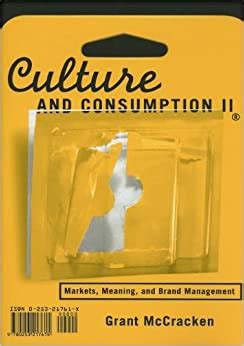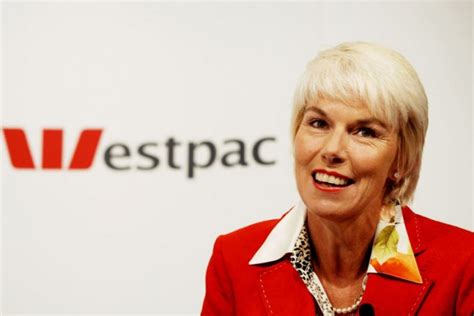A Quote by Erik Larson
One question that often comes up is why, in this age of blogs and tweets and instant digital communication of all kinds, it still takes so long to publish a book.
Related Quotes
What is an "instant" death anyway? How long is an instant? Is it one second? Ten? The pain of those seconds must have been awful as her heart burst and her lungs collapsed and there was no air and no blood to her brain and only raw panic. What the hell is instant? Nothing is instant. Instant rice takes five minutes, instant pudding an hour. I doubt that an instant of blinding pain feels particularly instantaneous.
I think that in the first place, why we can get excited about [Buckminster ] Fuller, why it's plausible that people might - why my publisher would publish this book [You belong to the universe] about it long after he's dead and irrelevant by many standards has to do with the fact that he was in a sense coming up with this job for himself that is the job that we now refer to when we speak about world change.
I notice that I only publish once every four years. It takes a couple of years to write a book and then, for me, for one reason or another, it usually takes about a year of sort of dicking around before I start up. I write a review or little magazine pieces and touring with the other book. But mainly it's just you're not ready, I'm not ready to start another. You're just not up for it.
The digital age is for me in many ways about temporal wounding. It's really messed up our ontological clocks. In the digital economy, everything is archived, catalogued, readily available, and yet nothing really endures. The links are digital encryptions that can and won't be located. That will have to be reassembled over time. It won't be exactly what it was. There will be some slightly altered version. So the book is both an immaterial and material artifact.
We believe we're moving out of the Ice Age, the Iron Age, the Industrial Age, the Information Age, to the participation age. You get on the Net and you do stuff. You IM (instant message), you blog, you take pictures, you publish, you podcast, you transact, you distance learn, you telemedicine. You are participating on the Internet, not just viewing stuff. We build the infrastructure that goes in the data center that facilitates the participation age. We build that big friggin' Webtone switch. It has security, directory, identity, privacy, storage, compute, the whole Web services stack.
Often it takes more time to explain a task than to do it yourself, and when you do it yourself there is no data lost in transmission. We have something to learn about how communication works in these settings. Sometimes it takes a really long time to communicate the full meaning of what we want to say.
In this digital age, there is no place to hide behind public relations people. This digital age requires leaders to be visible and authentic and to be able to communicate the decisions they've made and why they've made them, to be able to acknowledge when they've made a mistake and to move forward, to engage in the debate.


































